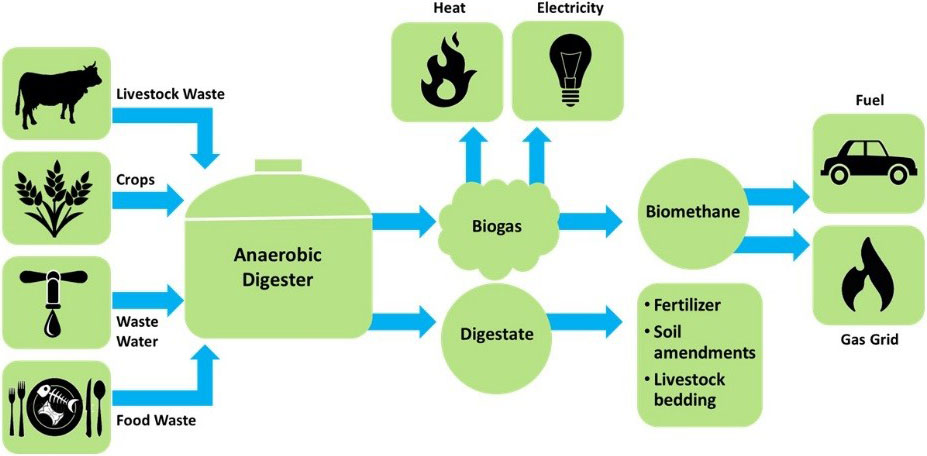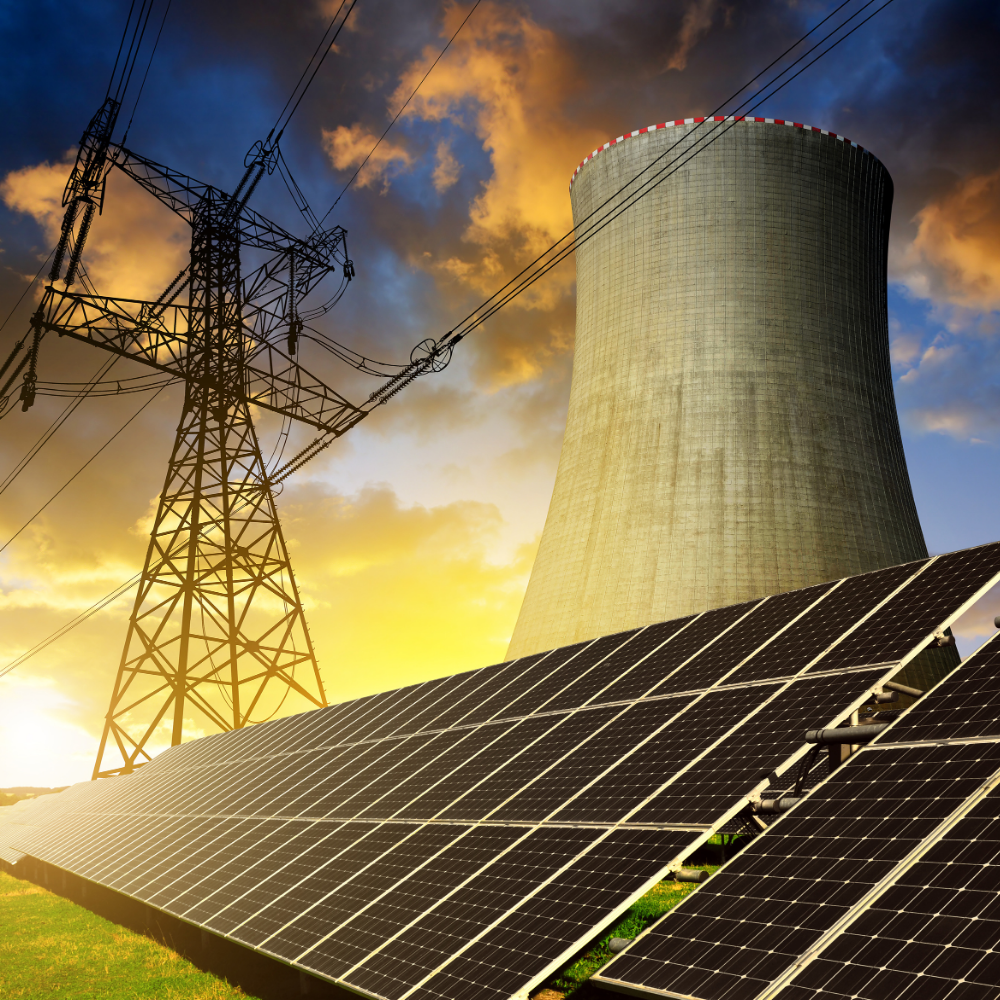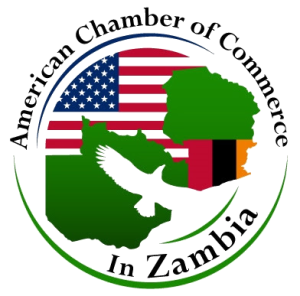
by Mirriam Lungu (Policy Research and Advocacy Associate)
In Zambia, like in many developing nations, the soaring costs of importing fuel pose significant challenges to economic stability and energy security. However, amidst these challenges lies a promising solution which is the utilization of biogas as an alternative energy source. Biogas, a renewable energy derived from organic waste, presents Zambia with an opportunity to reduce its dependence on costly fuel imports while simultaneously addressing environmental concerns and promoting sustainable development.
Current Fuel Importation Challenges
Zambia heavily relies on imported fuel to meet its energy needs. The high costs associated with importing fuel strain the country’s economy and hinder its ability to allocate resources to other critical sectors such as healthcare, education, and infrastructure development. Moreover, fluctuations in global oil prices subject Zambia to economic vulnerability and instability, making it imperative for the nation to seek alternative energy sources that are both cost-effective and sustainable.
The Potential of Biogas Production
Biogas production involves the anaerobic digestion of organic materials such as agricultural waste, animal manure, and sewage. This process generates a methane-rich gas that can be utilized for cooking, heating, electricity generation, and even as a transportation fuel. In Zambia, where agriculture forms a significant part of the economy, the abundance of organic waste presents a vast potential for biogas production.
The production of biogas can suppress the high cost of importing fuel which has continued to see the Kwacha depreciation due to high dollar demand by importers of petroleum products.
The diagram below illustrates the production of biogas and its byproducts.

Advantages of Biogas Implementation
Biogas is considered a clean fuel in that it does not contribute to carbon dioxide (CO2) emissions, is non-toxic and biodegradable. Unlike petroleum diesel, renewable diesel is derived from a sustainable resource that will not run out.
Biogas absorbs carbon dioxide from the atmosphere when its plant matter base (biomass) is grown. The carbon dioxide is then released back into the atmosphere when the fuel is burnt. The combustion of petrol and diesel produces many different types of local air pollutants. It is anticipated that bio-based fuels can provide an estimated 80% reduction in overall CO2 life cycle emissions compared to fossil fuels.
Unlike imported fossil fuels like petroleum, which are subject to volatile global market prices, biogas production offers a stable and predictable source of energy at a relatively lower cost. The reason for the lower cost is that the production of biogas is not limited to a specific location which comes with heavy investment in plant and equipment.
Furthermore, biogas production provides a sustainable solution to organic waste management, reducing environmental pollution and mitigating health hazards associated with improper waste disposal practices.
By harnessing biogas production, Zambia can also reduce its dependence on expensive fuel imports, thereby enhancing energy security and fostering economic independence.
Biogas production projects have also shown the potential to stimulate rural development by creating employment opportunities, particularly in agricultural communities where organic waste is abundant.
Production of biogas can also lead to the production of organic fertilizer which reduces government spending on the key commodity and further delivers it cheaper to small-holder farmers.
Lastly, biogas production also leads to the production of electricity which can be used to supplement Zambia’s reliance on hydroelectricity and later combat the country’s anticipated load-shedding problems. In the quest to increase access to electricity, private institutions can partner with the Rural Electrification Authority (REA) which was established by an act of parliament 2003 to recommend to the Government, programs and interventions for the enhancement of access to electricity by rural populations.
Advantages of Biogas Implementation
Biogas is considered a clean fuel in that it does not contribute to carbon dioxide (CO2) emissions, is non-toxic and biodegradable. Unlike petroleum diesel, renewable diesel is derived from a sustainable resource that will not run out.

Biogas absorbs carbon dioxide from the atmosphere when its plant matter base (biomass) is grown. The carbon dioxide is then released back into the atmosphere when the fuel is burnt. The combustion of petrol and diesel produces many different types of local air pollutants. It is anticipated that bio-based fuels can provide an estimated 80% reduction in overall CO2 life cycle emissions compared to fossil fuels.
Unlike imported fossil fuels like petroleum, which are subject to volatile global market prices, biogas production offers a stable and predictable source of energy at a relatively lower cost. The reason for the lower cost is that the production of biogas is not limited to a specific location which comes with heavy investment in plant and equipment.
Furthermore, biogas production provides a sustainable solution to organic waste management, reducing environmental pollution and mitigating health hazards associated with improper waste disposal practices.
By harnessing biogas production, Zambia can also reduce its dependence on expensive fuel imports, thereby enhancing energy security and fostering economic independence.
Biogas production projects have also shown the potential to stimulate rural development by creating employment opportunities, particularly in agricultural communities where organic waste is abundant.
Production of biogas can also lead to the production of organic fertilizer which reduces government spending on the key commodity and further delivers it cheaper to small-holder farmers.
Lastly, biogas production also leads to the production of electricity which can be used to supplement Zambia’s reliance on hydroelectricity and later combat the country’s anticipated load-shedding problems. In the quest to increase access to electricity, private institutions can partner with the Rural Electrification Authority (REA) which was established by an act of parliament 2003 to recommend to the Government, programs and interventions for the enhancement of access to electricity by rural populations.
Overcoming Challenges
While the benefits of biogas utilization are evident, its widespread adoption in Zambia faces several challenge. Here are some recommendations to the challenges:
Policy Framework Development: Zambia needs to develop a comprehensive policy framework specifically targeting biogas production. This framework should address aspects such as feedstock availability, technology standards, financial incentives, regulatory requirements, and market development strategies.
Financial Incentives: Introduction of financial incentives such as subsidies, grants, tax breaks, and low-interest loans to encourage investment in biogas infrastructure is a key aspect in combating the challenges faced. Financial support can significantly reduce the initial capital costs associated with biogas projects and make them more attractive to investors.
Capacity Building: There is need to invest in training programs and capacity building initiatives to develop the skills and expertise required for the design, installation, operation, and maintenance of biogas systems. This can include training for farmers, technicians, engineers, and policymakers.
Research and Development: The allocation of resources for research and development (R&D) activities aimed at improving biogas technology, increasing efficiency, and reducing costs are essential for harnessing biogas. This includes Collaborating with research institutions, universities, and private sector partners to drive innovation in both biogas production and its utilization.
Regulatory Framework: Establishing clear regulatory guidelines and standards for biogas production, distribution, and utilization will lead to transparency, predictability, and are conducive to the growth of the biogas sector. This includes streamlining permitting processes and addressing any regulatory barriers that may hinder biogas development.
Public Awareness and Education: There is need for launching public awareness campaigns to educate citizens, farmers, businesses, and policymakers about the benefits of biogas production and its potential role in sustainable development. In doing so, there is need to highlight the environmental, economic, and social advantages of biogas as a renewable energy source.
Public-Private Partnerships: The Government needs to foster partnerships with private sector entities, non-profit organizations, and local communities to promote biogas projects. Collaboration can help leverage resources, share expertise, and address challenges through collective action. Some of the strategic private partners include, SNV which works closely with communities, government institutions, and other stakeholders to achieve sustainable development outcomes. It has made remarkable achievements in the energy, agricultural sector, Climate change and Water and sanitation.
Integration with Agriculture and Waste Management: Promote the integration of biogas production with agricultural activities and waste management practices. Encourage farmers to utilize agricultural residues, animal manure, and organic waste as feedstock for biogas production, thereby reducing waste and generating additional revenue streams.
By implementing these strategies and fostering a supportive policy environment, Zambia can accelerate the development of its biogas sector, contribute to energy security, mitigate environmental degradation, and promote sustainable development across the country.
In conclusion, the adoption of biogas technology represents a sustainable and cost-effective solution to Zambia’s high fuel import costs and looming energy crisis. By harnessing the country’s abundant organic waste resources, biogas has the potential to transform Zambia’s energy landscape, promote economic development, and mitigate the adverse effects of climate change.
However, realizing this potential requires concerted efforts from government agencies, private sector stakeholders, and civil society organizations to overcome existing barriers and create an enabling environment for biogas development and implementation. As Zambia strives towards a greener and more resilient future, investing in biogas infrastructure stands as a pivotal step towards achieving energy security, economic prosperity, and environmental sustainability.
